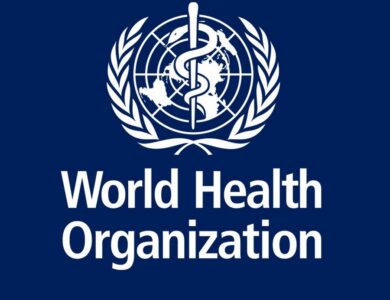Mpox Outbreak Spreads Like Wildfire in Africa – WHO Issues Urgent Warning!

The World Health Organization (WHO) has announced that 15 countries in Africa are grappling with mpox outbreaks in 2024, with Ghana becoming the latest nation to report cases. The WHO’s Friday update highlights ongoing challenges in diagnosing and treating the disease, citing multiple viral clades, delayed detection, and limited healthcare access as factors complicating the response.
According to the report, active transmission of mpox has been detected across 15 African countries, with cases reported within the past six weeks. Ghana was added to the list of affected nations after its first case was recorded in early October—a young boy exhibiting symptoms like rash, fever, and body aches. Health officials are currently monitoring the situation, conducting contact tracing, and awaiting results from clade sequencing.
As of September 29, 2024, Africa has documented 37,325 suspected mpox cases, with 6,602 confirmed cases and 996 deaths. The Democratic Republic of the Congo (DRC) is bearing the brunt of the outbreak, accounting for over 30,000 suspected cases. The country faces a higher mortality rate, largely due to delayed diagnoses and limited treatment availability in many regions. Only 39% of suspected cases in the DRC have undergone testing, with a striking 55% positivity rate among those tested, underscoring the urgency of improving diagnostic capacity.
The WHO emphasized the need for enhanced laboratory capabilities and warned that many suspected cases remain unconfirmed due to insufficient testing resources. The region is also contending with several clades of the virus, which complicates the response. Central African Republic is battling Clade Ia, while Uganda, Rwanda, and Burundi are dealing with Clade Ib. Clade IIb has been detected in Nigeria and South Africa, adding further layers of complexity to the outbreak response.
To address the situation, the WHO is urging African nations to boost surveillance efforts, improve cross-border cooperation, and expand laboratory testing. It is also calling for targeted vaccination campaigns and public health interventions, particularly in areas where cases are rising.
The outbreak has been declared a public health emergency of continental concern by the Africa Centers for Disease Control and Prevention, and the WHO has renewed its own declaration of mpox as a global public health emergency. Despite these alerts, countries like Zambia, which just reported its first mpox case in a Tanzanian national, are not yet included in the latest WHO bulletin.
Mpox, also referred to as monkeypox, spreads primarily through close contact and presents with symptoms such as fever, swollen lymph nodes, muscle pain, skin rashes, and back pain.








